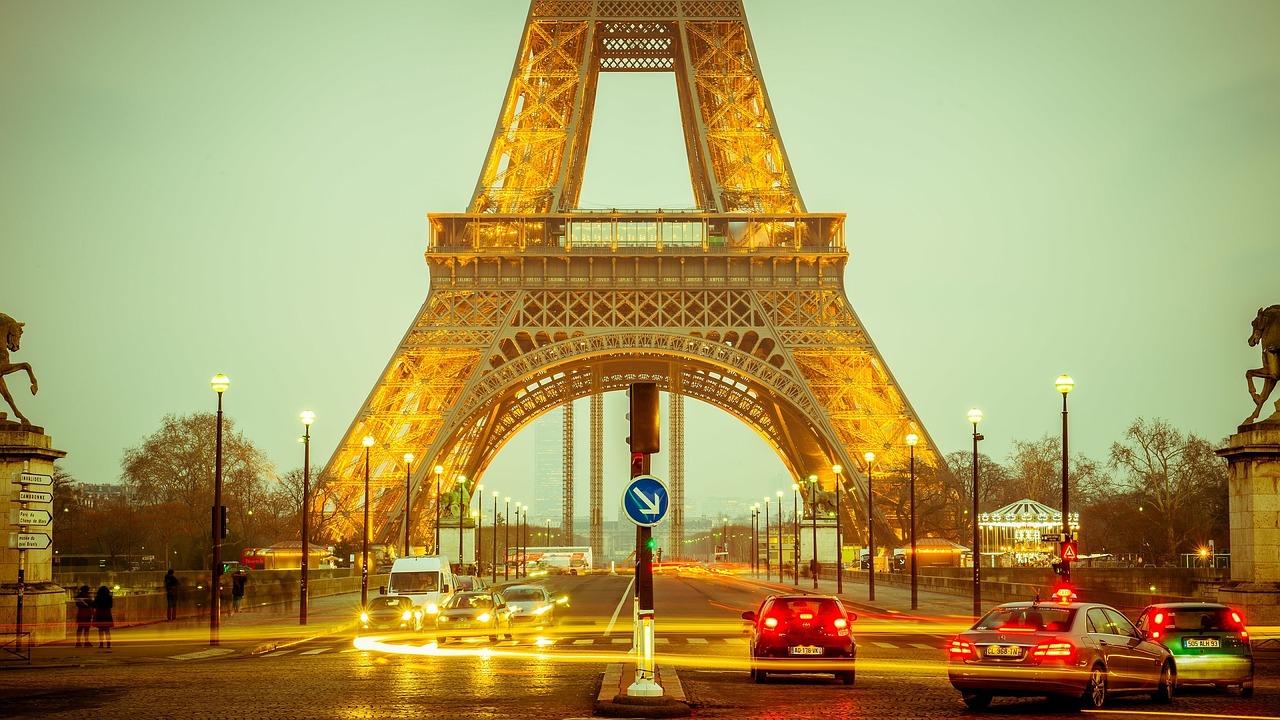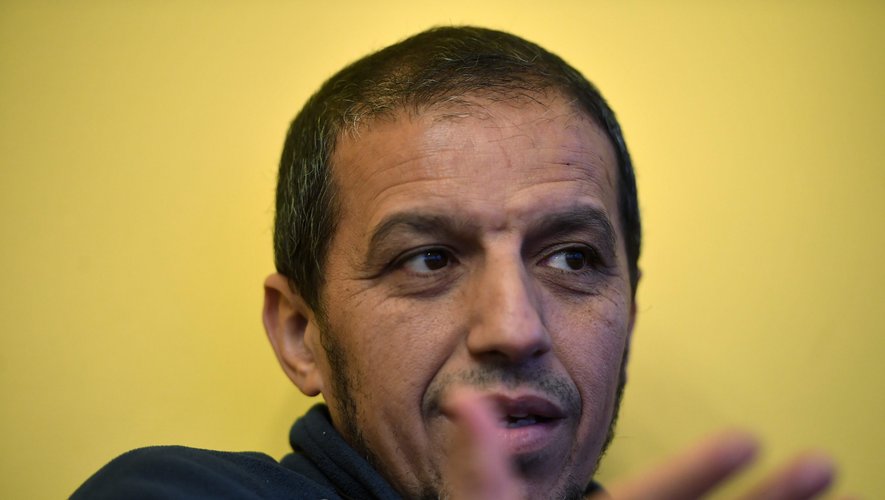February 16, 2016
French lawmakers have voted to extend the country’s state of emergency by another three months, despite growing concerns that the anti-terror measures violate civil liberties. The lower house of parliament extended the measures until May 26th by a vote of 212 to 31 (with three abstentions), after the French senate approved the extension by a similarly large margin earlier this month. The extension comes as lawmakers continue to debate proposals that would expand government surveillance and make it easier for the president to activate a state of emergency in the future.
French President François Hollande initiated the state of emergency following the November 13th terrorist attacks in Paris, which left 130 people dead and 367 injured. The laws give law enforcement authorities expanded powers to conduct house raids, seize personal data, and place people under house arrest, all without judicial oversight. Since the state of emergency went into effect, nearly 3,400 house raids have been carried out and 576 judiciary proceedings have been opened, the interior ministry announced this week, but only six of those cases relate to terrorism.
Interior Minister Bernard Cazeneuve defended the measures before parliament yesterday, saying that the threat of terrorism “has never been higher.” He added that evaluating the effectiveness of the laws based on the low number of terrorism-related inquiries would constitute “false reasoning,” because the information gathered by security forces can “feed intelligence files that will lead to prosecution if appropriate several weeks or months later.”
But the French government has come under strong criticism from groups like Amnesty International, Human Rights Watch, and a UN panel of human rights experts, which last month said that the state of emergency and laws that expand government surveillance place “excessive and disproportionate” restrictions on civil liberties. French media have documented several cases in which French security forces appear to have overstepped their bounds, conducting violent raids and carrying out house arrests on legally tenuous grounds.
There are also concerns that the laws have been used to disproportionately target France’s Muslim population, which is among the largest in Europe.
“Prime Minister Manuel Valls and François Hollande are just targeting everyday citizens to send a message to the broader French population that they are doing something,” says Yasser Louati, spokesman for the Collective Against Islamophobia in France (CCIF) an organization that provides legal support and consulting services for French Muslims. “In fact, they are doing something wrong by targeting minorities to make the majority feel safer.” Louati says his organization has received 300 complaints since the state of emergency went into effect in November, 78 of which are related to house arrests.
France is also looking to expand broad surveillance laws that have been implemented over the past year. Following last year’s attacks on the offices of Charlie Hebdo and a kosher supermarket in Paris, the French government passed sweeping legislation that allows security forces to conduct surveillance on electronic communications without authorization from a judge, and requires Internet service providers to share user metadata with French intelligence.
A proposal currently under consideration would expand some of those eavesdropping powers to prosecutors, allowing them to tap phones, plant hidden cameras, and analyze communications with judicial authorization. Currently, only intelligence agencies are allowed to use such tools. Earlier this week, France’s Council of State upheld provisions that allow the government to block and website that “apologizes for terrorism,” rejecting a challenge launched by a group of digital rights organizations.






